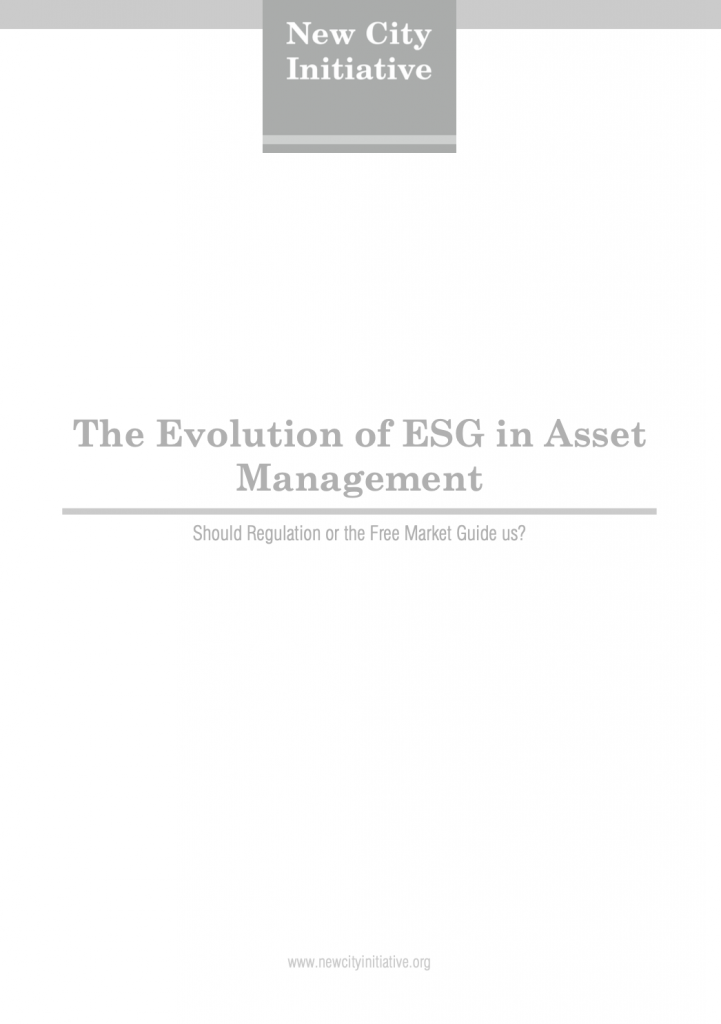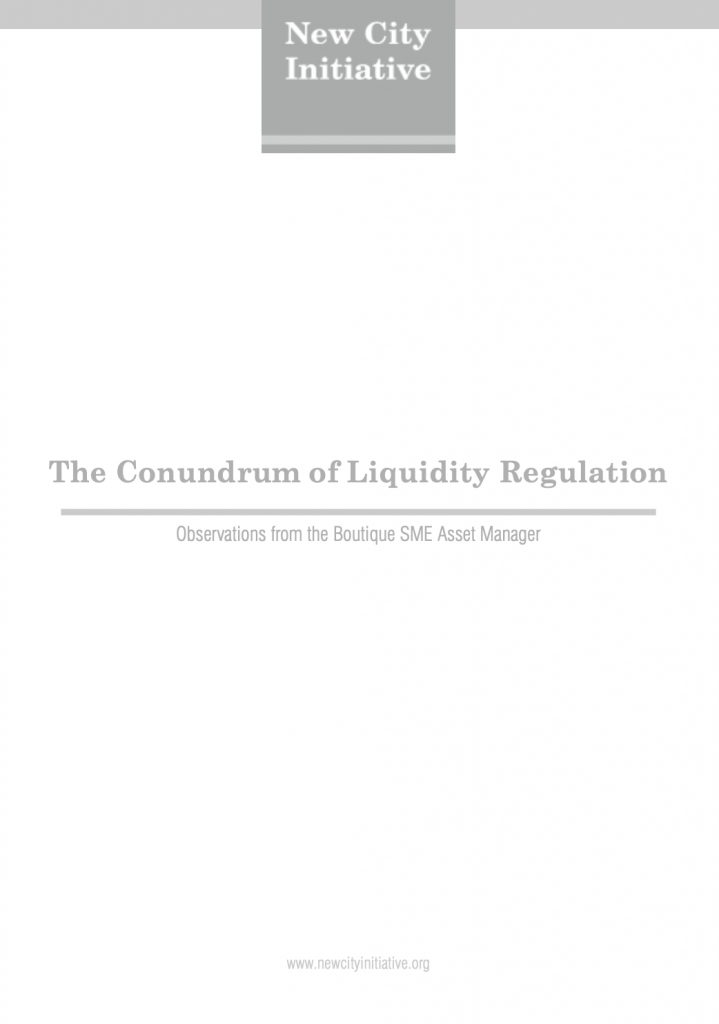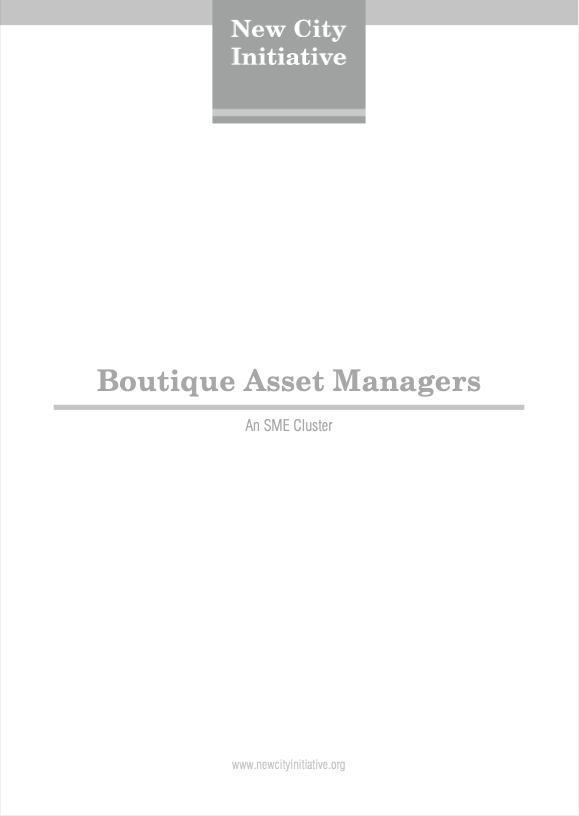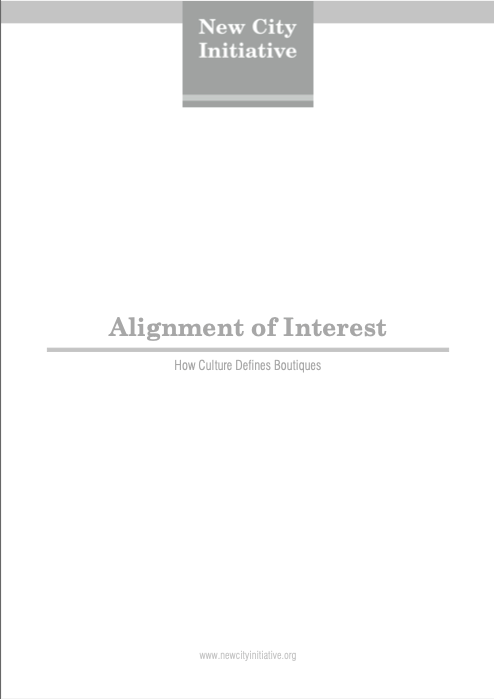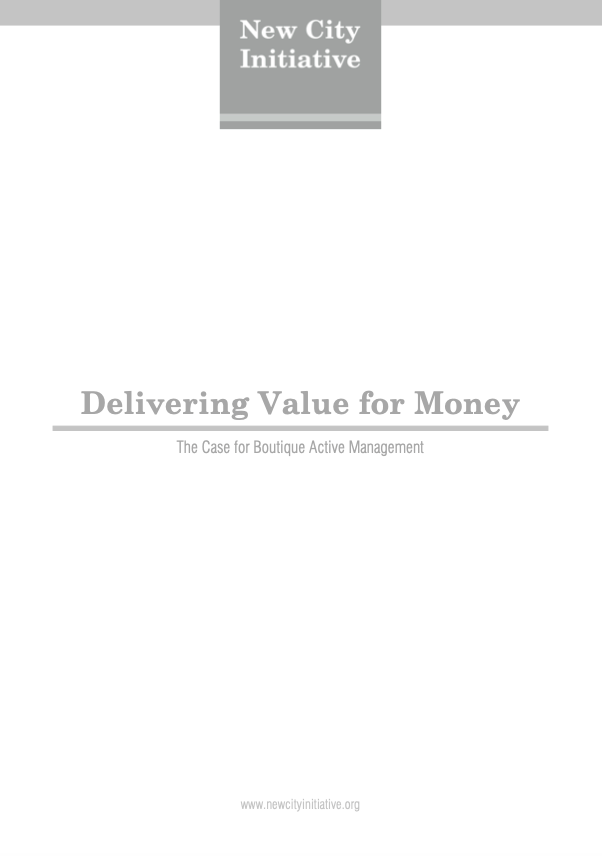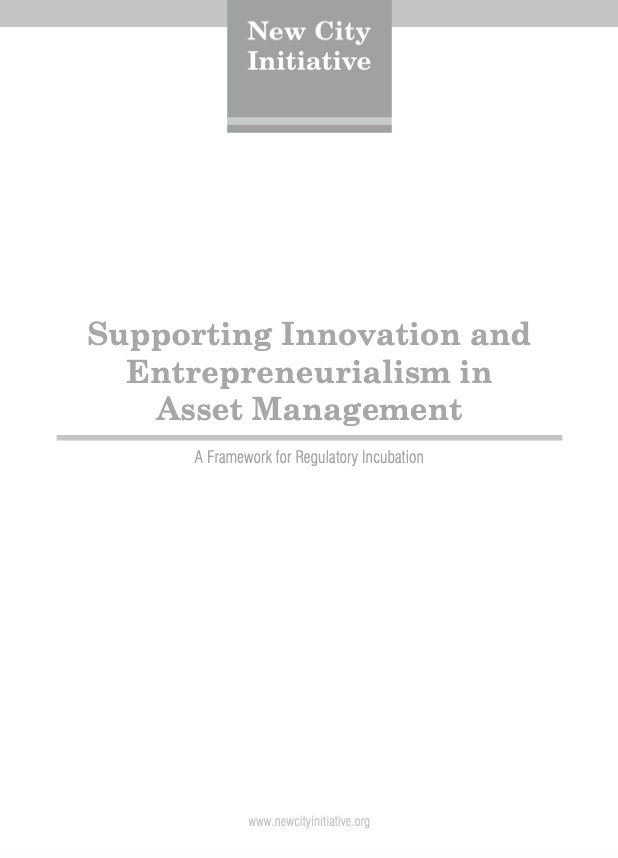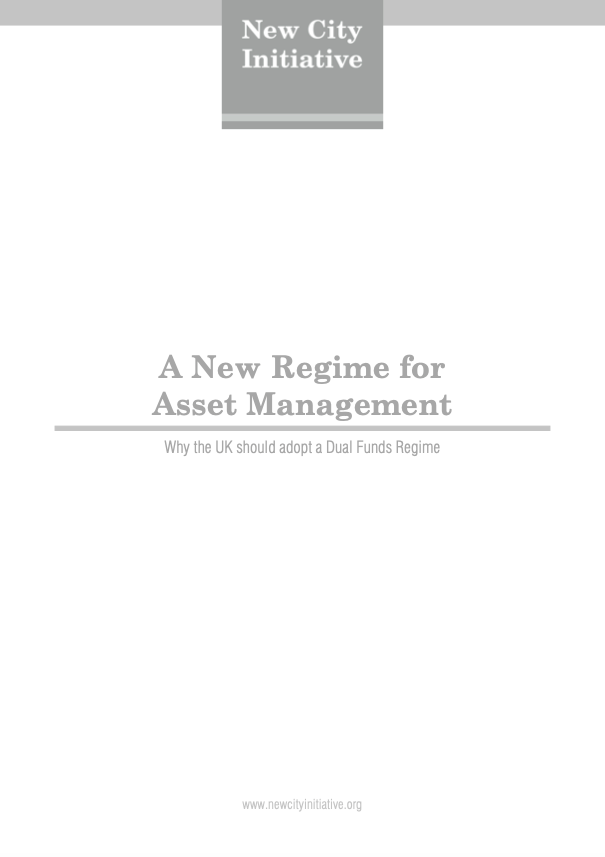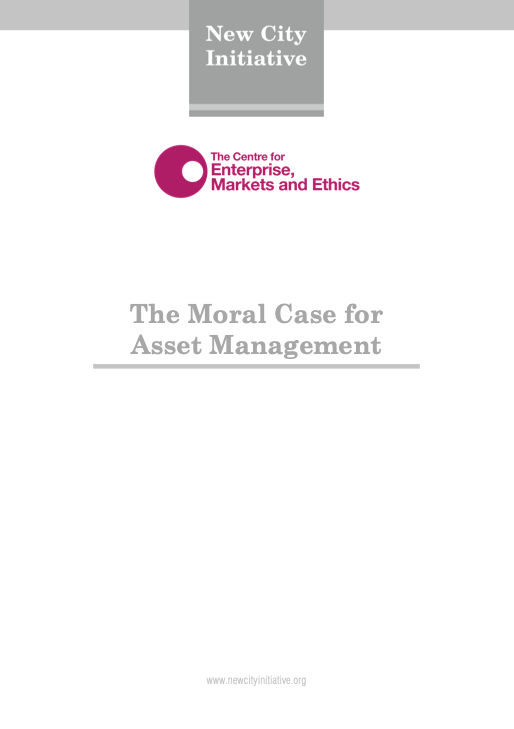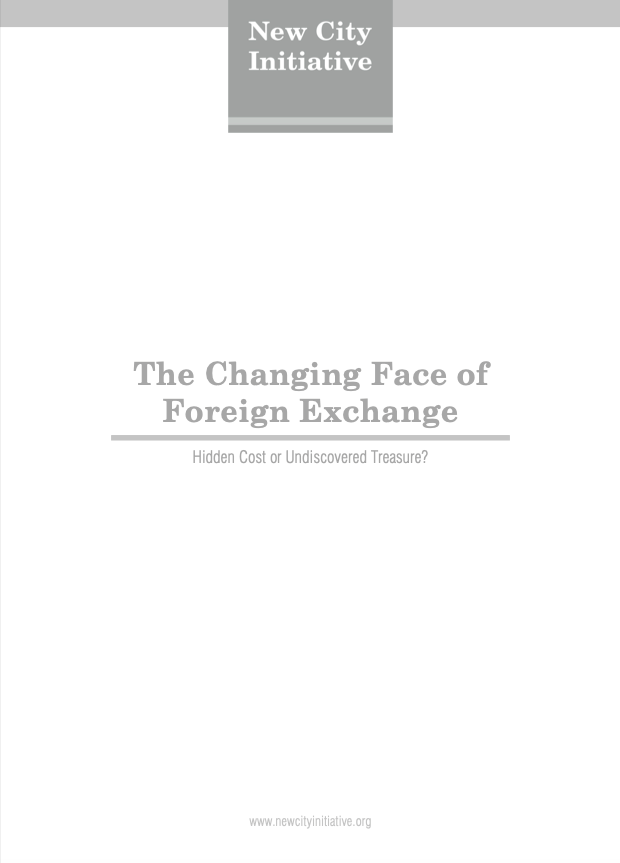It is no secret that the public despises bankers. Throughout history, the concept of banking and investing has always beentarnished with an image of individuals profiting from speculation or human misery – fund managers (especially hedge funds) ‘don’t make anything – don’t do anything’ and that ultimately our industry is one which exists solely to generate profits for ourselves with no benefit to our communities or mankind at large.
However, in my mind, it is the fund managers – these allocators of capital – who make the whole system work. Without capitalism and the difficult task of putting money to work where it will generate the highest rate of risk adjusted return – we would have had far fewer inventions, human advances, and wealth creation for society as a whole.
This paper, written by Richard Turnbull, goes into great detail as to why this is true. Fund managers provide liquidity, expertise, risk reduction and are also better structured to create the right culture of service and long term thinking. This helps fund managers avoid exactly the accusations of short termist speculation that are often levelled against us. Ourability to retire with dignity or fund new technologies depend upon our industry flourishing in the right way.
The problem with capitalism, as we are seeing with current events such as the vote against the EU by Britain, is that it means in many cases, brutal changes for those areas of the economy which cannot deliver the efficient returns. This means people’s lives change and this can be both incredibly painful and has long term social and financial ramifications too. To respond to these valid issues, a more sympathetic approach to investing which understands the effects of these changes (such as ESG investing) is now being pioneered, by the investing community and we at the NCI welcome this. This does not negate the need to generate returns for investors – but an understanding as regards the effects of our decisions is a good thing.
Finally – there is a view that the people behind some of these firms carry less moral weight than someone in a more vocational profession. We would dispute this, believing that taking thoughtful and difficult decisions to allocate savers’ funds to generate the best possible returns, is in itself both a hard task and one with an enormous positive outcome for savers and therefore society. We all need to generate better cultures and the NCI has taken a strong lead on this – but at the end of the day I believe that fund management is a powerful force for good and it is time that we started to celebrate our contribution both to global finance and the world at large.
I would like to thank Richard Turnbull for his excellent work here and for the engagement he brought to our group through the interviews he undertook and the fresh perspectives he generated via his links with the Centre for Enterprise, Markets and Ethics. His Centre has an important task ahead of it and we welcome the partnership we have formed together.
Dominic Johnson
Chairman, New City Initiative and CEO, Somerset Capital Management

